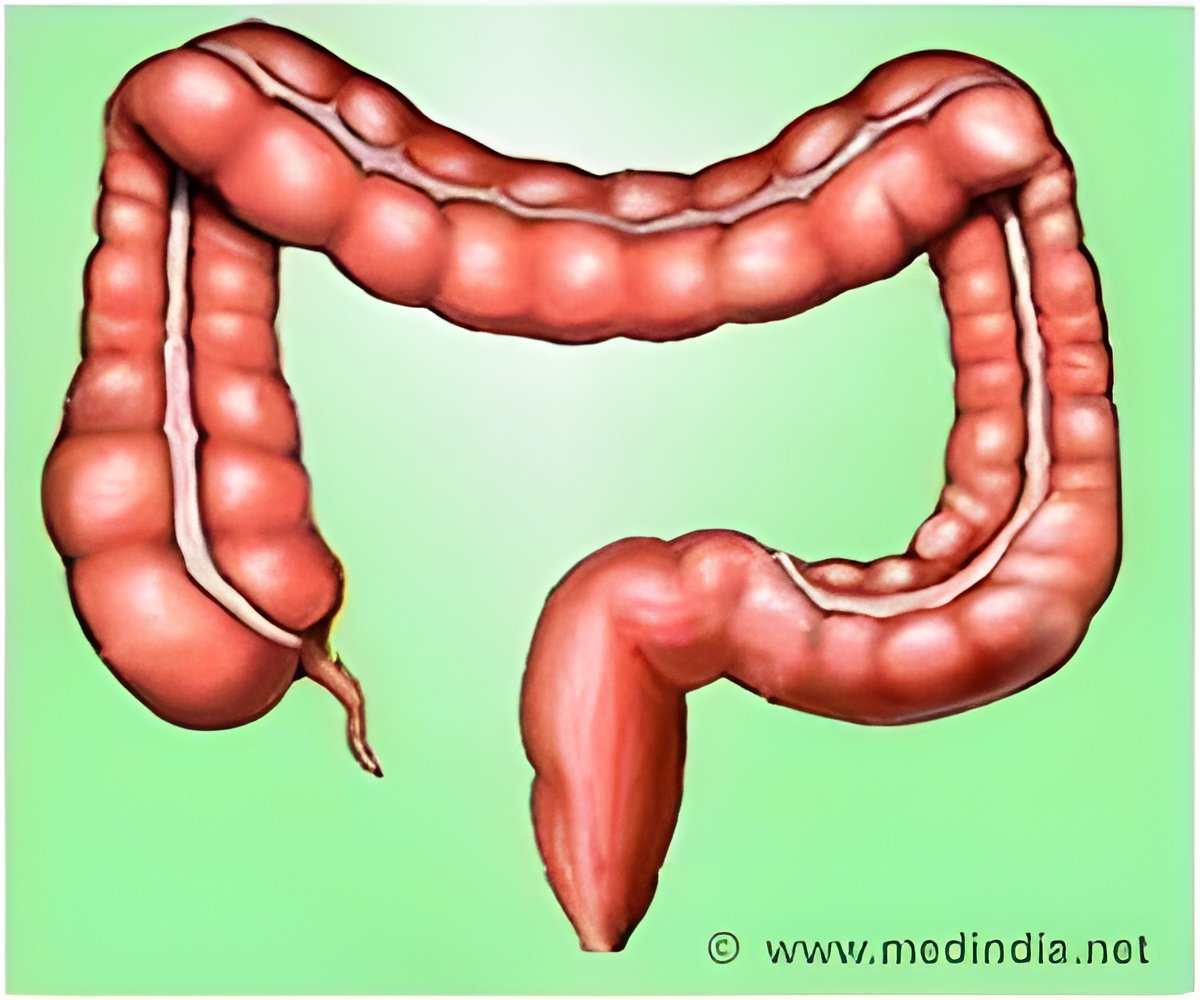The recommendation of endoscopists for timing of surveillance colonoscopy in average-risk patients is consistent with the guideline recommendations, a new study has found.

"The aim of our study was to quantify the frequency of appropriate follow-up colonoscopy recommendations after one to two polyps were found during screening colonoscopy in average-risk patients. In addition, we aimed to identify factors associated with adherence to guideline recommendations, including bowel preparation quality, demographic factors and procedural factors," said study lead author Stacy B. Menees, MD, University of Michigan Health System. "We found that more than 90 percent of endoscopists' recommendations for timing of surveillance colonoscopy in average-risk patients with one to two small polyps were consistent with guideline recommendations. Quality of preparation was strongly associated with deviation from guideline recommendations."
Methods
The researchers' objective was to quantify adherence to recommended surveillance colonoscopy intervals and to identify factors associated with lack of adherence. This was a retrospective endoscopic database analysis from the University of Michigan in-hospital medical procedure unit, two University of Michigan outpatient amubulatory surgery centers and the Ann Arbor Veterans Affairs Health Care System in-hospital endoscopy suite. Between January 1, 2009 and December 31, 2009, average-risk individuals age 50 or over undergoing screening colonoscopy found to have one to two small polyps on screening colonoscopy were included in the study. The main outcome measurements were frequency of recommending repeat colonoscopy in five years if one to two small adenomas were found and in ten years if hyperplastic polyps were found.
Results
Of 922 outpatient screening colonoscopies with one to two small polyps found, 90.2 percent received appropriate recommendations for timing of repeat colonoscopy. Eighty-four percent of patients with one to two small adenomas and 94 percent of patients with one to two hyperplastic polyps received recommendations that were consistent with guidelines. Based on logistic regression analysis, patients older than 70 years, fair bowel preparation, poor bowel preparation, and the presence of two small adenomas versus one small adenoma were factors associated with recommendations inconsistent with guidelines.
Advertisement
The researchers stated that these findings provide a starting point to establish targets or benchmarks for frequency of adherence to guideline recommendations. This may contribute to the development of quality improvement programs and national benchmarks by organizations such as the Centers for Medicare & Medicaid Services. Fair bowel cleansing was strongly associated with recommendations inconsistent with guidelines. This suggests that interventions that improve the quality of bowel preparation may improve adherence to guideline recommendations.
Advertisement
Source-Eurekalert














